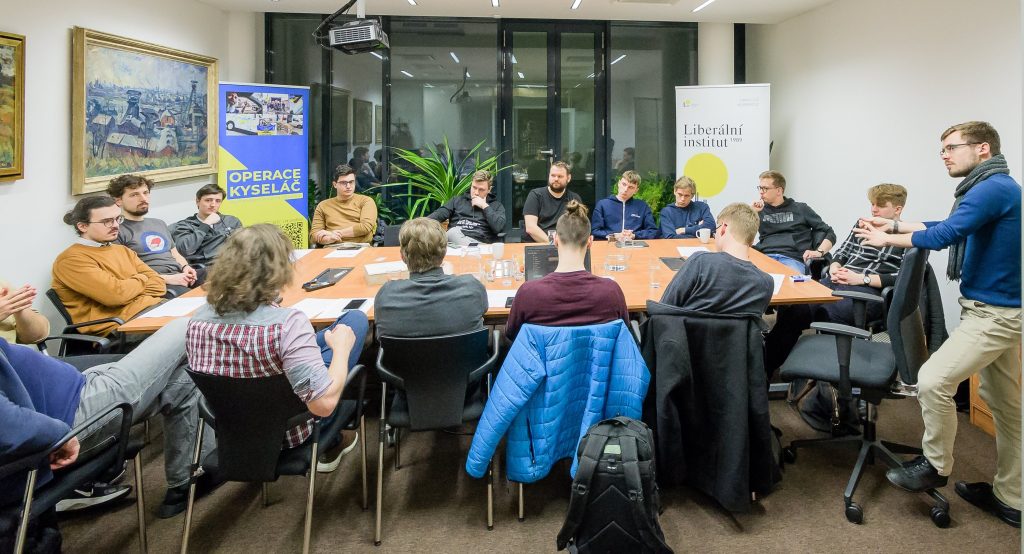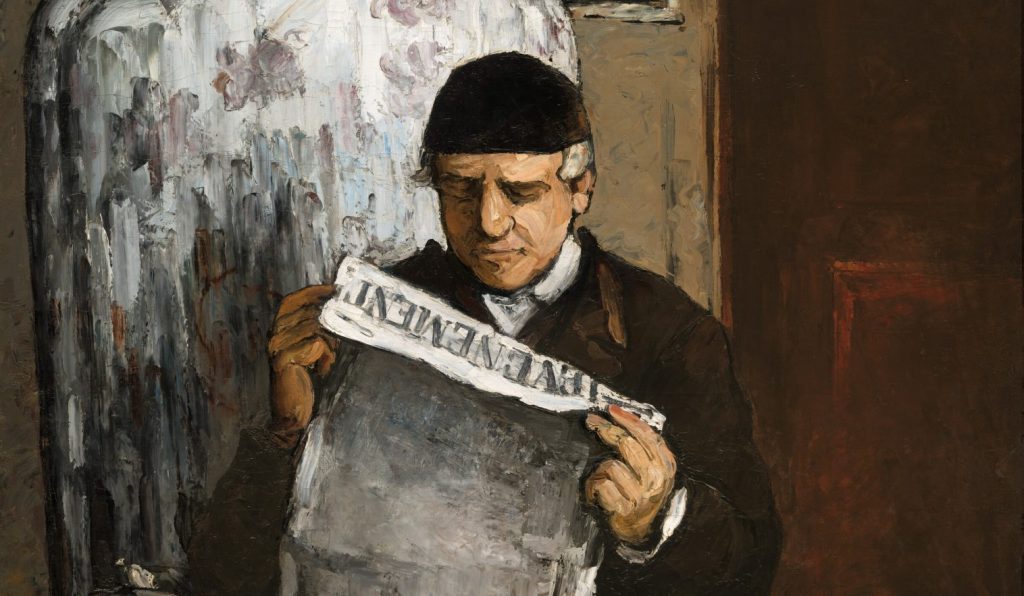
Liberal Institute’s First Winter School
BY
Liberalni Institute / March 12, 2024
In order to survive the winter better, we decided to try something new this time, a weekend-long urban seminar. We debated with students about economics and liberalism. We were originally inspired to do this idea years ago by an analyst at the Institute of Economic Affairs, but we never got around to implementing it. Until now, thanks to a generous grant from the Atlas Network.










